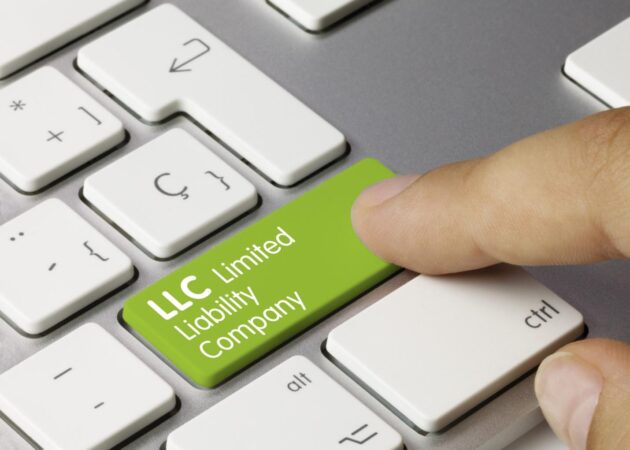Are you stressing about your break-even point? Have the preparations for your business venture made you question an LLC vs. a sole proprietorship?
If you are still unconvinced about which would be the best type of incorporation for your business, a good idea would be to consult experienced business lawyers. They will be able to explain all the pros and cons regarding the various types of incorporations and identify the ones that would be perfect for the nature of your business. To understand which business lawyers will be able to help your business in the best possible fashion, read more.
Each option has its own advantages and disadvantages, but your plans for a new company can hinge on this decision. If you’re unsure which one works best today, you don’t want to realize you made a mistake tomorrow.
Take some time away from writing your business plan, read the article below, and find the information you need to consider right away.
What Is an LLC vs. Sole Proprietorship?
The term LLC is an abbreviation for “limited liability company.” You can form this legal entity to enjoy the same liability protection as a corporation with fewer costs.
A sole proprietorship is a business that remains unincorporated and has a single owner. That individual also pays personal income tax against their earnings instead of the business entity.
Benefits of LLC vs. Sole Proprietorship
The most crucial benefit to understand about forming an LLC is the separation of liabilities. Your business debts and personal remain separate, so your assets always stay safe.
So, why would someone create a business with risk to their property? A sole proprietorship is much easier to form, and the owner remains 100% in control at all times.
Single-Member LLC vs. Sole Proprietorship
In some cases, you may want to form a single-member LLC for your business. This arrangement typically happens as a way for an individual to separate liability while remaining the only employee. As a result, you can receive significant peace of mind if you feel you’re at risk for debts or lawsuits.
Tax Deductions for LLC vs. Sole Proprietorship
Forming an LLC offers tremendous tax benefits, especially regarding your deductions. The more expenses you have toward the business, the less taxable revenue you have to worry about later. Some people may decide to start an LLC for this and other options to lessen how much the IRS takes away.
Pros and Cons of LLC vs. Sole Proprietorship
The pros of starting an LLC include limited liability, pass-through taxation, flexibility, and an easy start. This legal status does not represent complete and blanket coverage, however. A judge can rule against you and award personal assets in some cases.
But, having a sole proprietorship also offers its advantages. There are fewer costs to get started, no business taxes, and easy record keeping. On the other hand, you can have trouble raising money, and your assets remain at risk.
Still Debating LLC vs. Sole Proprietorship?
Making the right decision between an LLC vs. a sole proprietorship can save you significant time and money. When you’re starting this adventure, you can never get enough of either. If you still have questions, consider speaking to a CPA or lawyer to get professional advice about your situation.
Did you find information that was useful for your business plans today? Check out more of our helpful content for entrepreneurs on our blog!





























